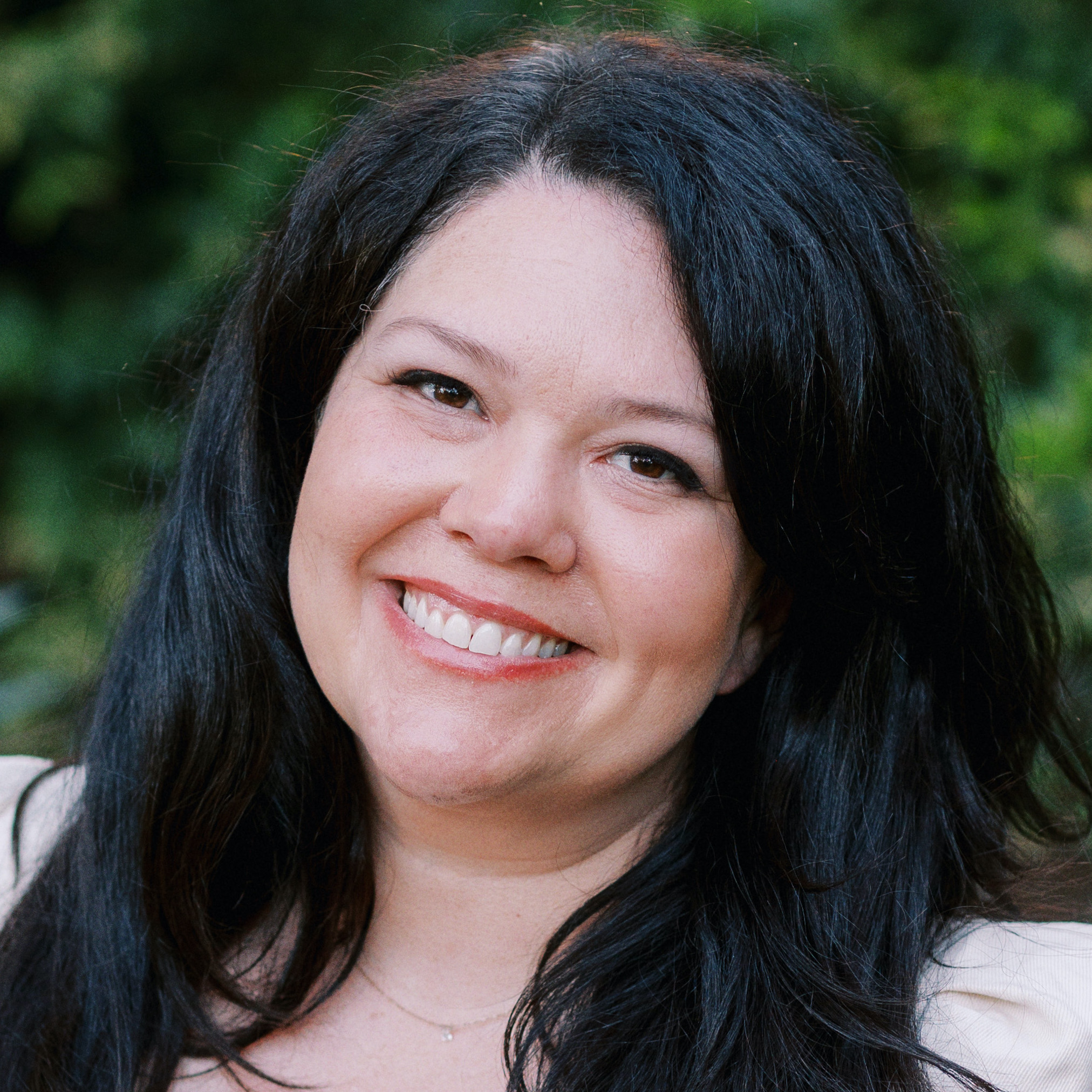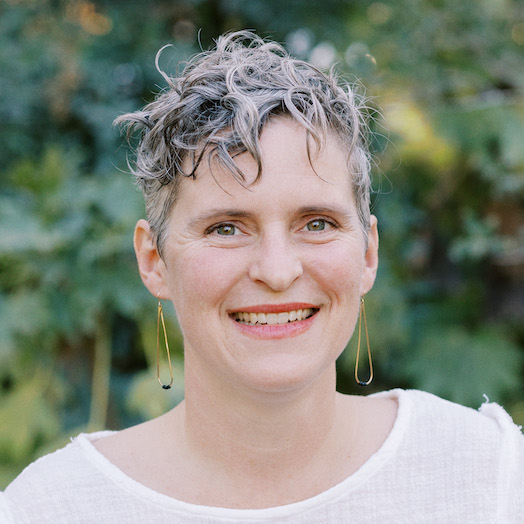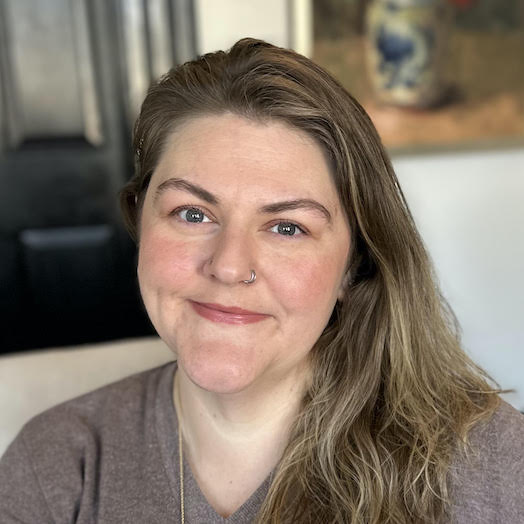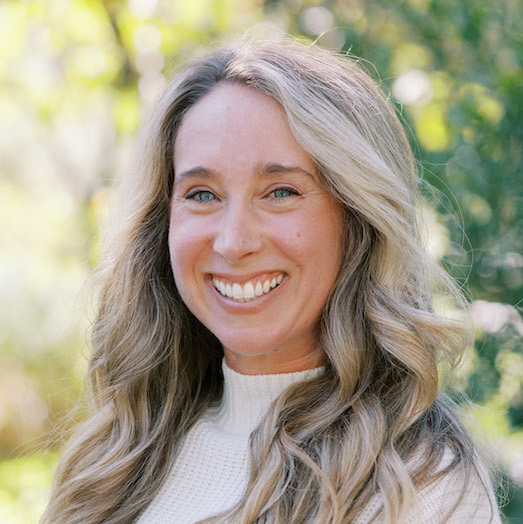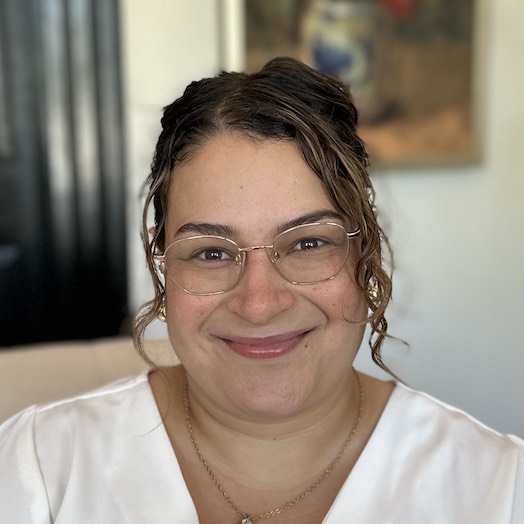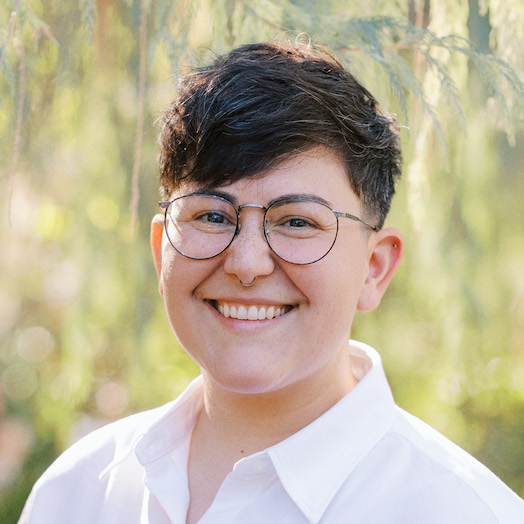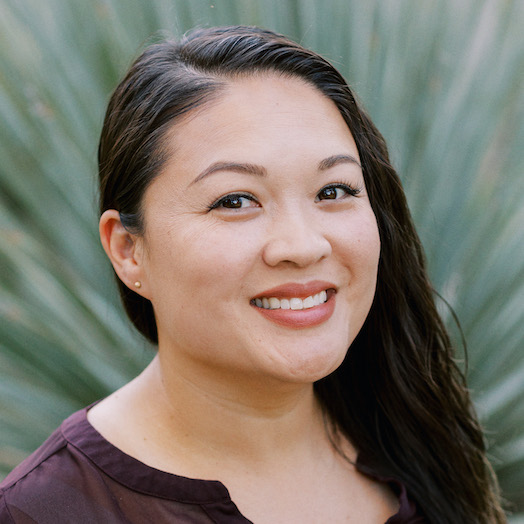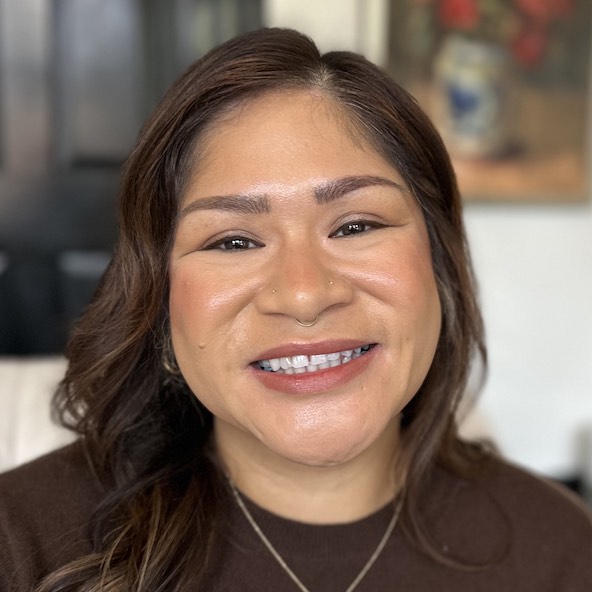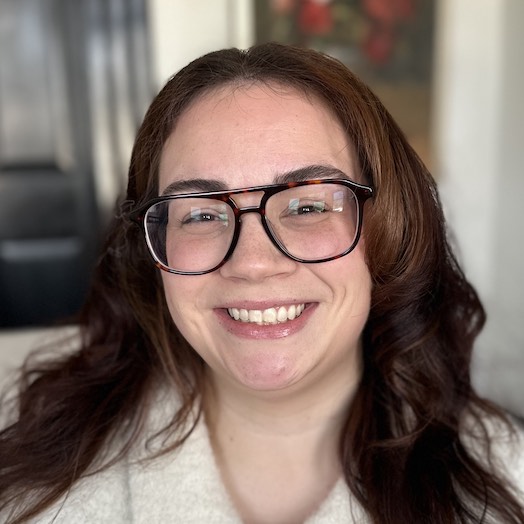
Globally, we are set to spend a collective 4 trillion hours (yes, trillion, with a t!) on social media in 2024. Social media has become an integral part of our daily lives, providing a platform for connection, entertainment, and self-expression. However, it also significantly influences how we perceive ourselves, particularly regarding body image.
While social media can offer positive reinforcement and a sense of community, it also has the potential to exacerbate body dissatisfaction and contribute to unhealthy behaviors. And while this has an outsized impact on adolescents, the truth is that anyone’s body image can be affected by social media. And most of us are; 72.5% of Americans use social media. So how is it affecting us, and what can we do about it? Let’s take a look, starting with the positives.
The Positive Impact of Social Media on Body Image
One of the most significant positive aspects of social media is its ability to connect people from all walks of life. Platforms like Instagram, Facebook, and TikTok allow users to find communities that share similar experiences and challenges. This sense of community can be particularly beneficial for individuals who feel marginalized or underrepresented in traditional media. Seeing diverse body types, ethnicities, and lifestyles represented on social media can foster a sense of belonging and acceptance.
This sense of community has led to a new rise in body positivity and body acceptance movements. People can use these platforms to promote messages of self-love and body acceptance, challenging the traditional beauty standards often perpetuated by mainstream media.
Social media also provides access to a wealth of wellness resources. Fitness trainers, nutritionists, and wellness coaches share tips, workout routines, and recipes, promoting a balanced and holistic approach to well-being. For many, this can be a source of motivation and inspiration to find joy in movement, nutrition, and overall wellness.
The Negative Impact of Social Media on Body Image
Unfortunately, the negative impacts can feel far more pervasive than the positives. One of the biggest problems with social media and body image is unrealistic beauty standards. Social media often perpetuates unrealistic beauty standards. Filters, photo-editing apps, and carefully curated content can create an idealized version of reality that is unattainable for most people. This constant exposure to “perfect” bodies can lead to feelings of inadequacy and body dissatisfaction. Additionally, these so-called perfect bodies are very Eurocentric; women of color, especially Black girls and women, are often marginalized by the beauty standards they’re exposed to on social media.
Part of the problem is that social media platforms inherently encourage comparison. Scrolling through feeds filled with images of seemingly perfect bodies, luxurious lifestyles, and success stories can evoke envy and lower self-esteem. This comparison can be particularly harmful to young people who are still developing their sense of identity and self-worth.
Influencer culture is also a problem. While some influencers promote body positivity, others may inadvertently contribute to negative body image. Fitness and beauty influencers often present a highly edited version of themselves, emphasizing aesthetics over health. Followers may attempt to emulate these unattainable standards, leading to unhealthy behaviors and body dissatisfaction.
How to Lessen the Negative Effects of Social Media on Body Image
So, what do we do about this? For most of us, quitting social media cold turkey isn’t an option, nor should it be. Social media isn’t necessarily bad! It can help keep families connected, allows people to participate in community, and can be an amazing place for creativity and self-expression.
Instead, we need to reframe the way we think about social media. It’s a tool, and we need to know how to use it properly. The first step you have to take? Curate your feed. A well-curated feed is one of the best ways to tame the social media monster.
Feed Curation
You are not obligated to look at everything your social media algorithm feeds you. Every social media platform has a block button, and it’s important to learn how to use that judiciously. Keep the way you feel about social media and your body at the front of your mind whenever you find yourself scrolling. If you see content that makes you feel bad about your body and the way it looks? Smash that block button. That’s what it’s there for. Instead, spend time engaging with uplifting content- or don’t even engage with body-themed content at all.
Embrace Body Neutrality
If you love your body, that’s great. But for many of us, loving our bodies isn’t necessarily realistic. Instead, focus on appreciating your body for what it lets you do and practice body acceptance rather than trying to force yourself into positivity. Shift your focus from appearance to overall health and well-being. Remember that health looks different for everyone, and there is no one-size-fits-all approach to wellness.
Pay Attention To The Man Behind The Curtain
Do you remember the scene in The Wizard of Oz when the all-powerful wizard is revealed to be a fraud? Everyone’s opinion of him changes rapidly when they see how he works behind the scenes. Social media is kind of like that. On the outside, it might seem like an unstoppable juggernaut, but when you dig into it a little bit, the reality is different. You need to be aware of the realities of social media. Understand that many images are edited and do not reflect real life. Learning about the behind-the-scenes processes can help you develop a more critical eye and reduce the impact of unrealistic comparisons.
Limit Exposure to Negative Influences
This goes back to the principles behind curating your feed– you have the power to control your social media exposure. Be mindful of how much time you spend on social media and the content you consume. Set limits on your screen time and take regular breaks from social media to disconnect and recharge. Being aware of your emotional responses to different types of content can help you make healthier choices about your social media use.
You should also identify the triggers that negatively impact your body image and limit your exposure to them. This could mean unfollowing certain accounts, avoiding specific hashtags, or setting boundaries with people who contribute to negative self-perception. Taking control of your social media environment can empower you to protect your mental health.
Be Kind to Yourself
Practice self-compassion and remind yourself that everyone has flaws and insecurities. Celebrate your strengths and achievements, and treat yourself with the same kindness and respect you would offer a friend. Building self-esteem and resilience can help you better navigate the pressures of social media.
Seeking Support
Social media has a profound impact on body image, with both positive and negative effects. By understanding these influences and implementing strategies to mitigate the negatives, you can foster a healthier relationship with social media and your body.
If you find that social media is significantly impacting your mental health and body image, it may be beneficial to seek professional support. If that sounds like you, don’t hesitate to schedule an appointment with a therapist at Love Heal Grow. We can help you explore strategies for building a positive body image and developing a healthier relationship with social media. Embrace the journey towards self-acceptance and well-being with guidance and support!

